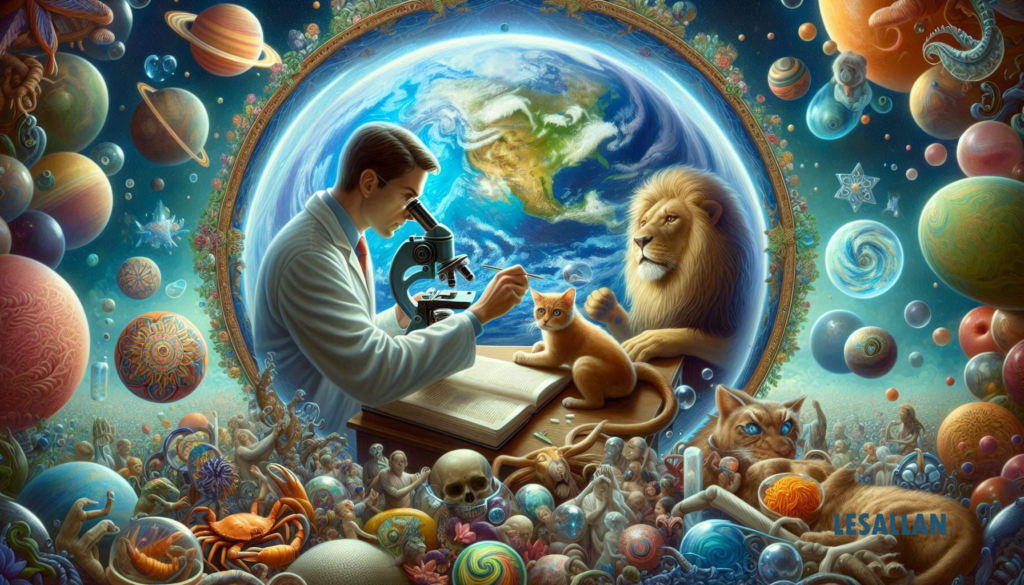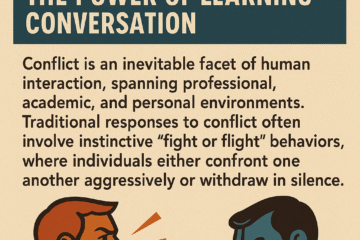
Hey All!
I’ve got to say—I really appreciate your deep dive into the logical problems with naturalism. Your step-by-step breakdown makes it clear how naturalism, by insisting that every belief (even belief in naturalism itself) is just a product of survival-driven neural processes, can make us question the reliability of our reasoning. That’s a serious philosophical headache! The argument from reason is definitely a tough challenge for any worldview that reduces human thought to purely physical processes.
One thing that really stood out is your point about how evolution shapes our cognitive faculties for survival, not necessarily for truth. That’s unsettling when you think about it. Of course, naturalists often respond by saying that, even though evolution primarily favors survival, it usually promotes cognitive mechanisms that are at least approximately truth-tracking. After all, an organism that can tell the difference between good food and poison has a better shot at survival than one that just reacts randomly. So maybe truth and survival aren’t completely at odds—but it’s still an open question whether evolution alone guarantees our thinking is reliable across the board.
I also loved your discussion on how naturalism struggles to account for consciousness, intentionality, and morality. These concepts feel so fundamental to human experience, yet a purely physicalist view has a hard time explaining them. The mystery of qualia—our personal, subjective experiences—remains a massive puzzle, and the way our thoughts seem to have intentionality or “aboutness” adds another layer of complexity. No wonder so many thinkers explore alternatives, from dualism to non-reductive physicalism!
This brings me to your post’s big question: Even if naturalism has some serious blind spots, do we throw it out entirely? Or do we acknowledge its strengths in explaining the physical world while also recognizing that it might need supplementation from other philosophical perspectives to fully capture what it means to be human? Maybe the best approach is a hybrid view that respects the power of scientific inquiry while embracing the depth of subjective and moral experiences.
I’d love to hear your thoughts! Can we reconcile science’s undeniable success with the deep philosophical challenges surrounding consciousness and morality? What’s the best way forward?
Looking forward to this conversation—it’s such a fascinating topic!
Blessings,
Lesallan


